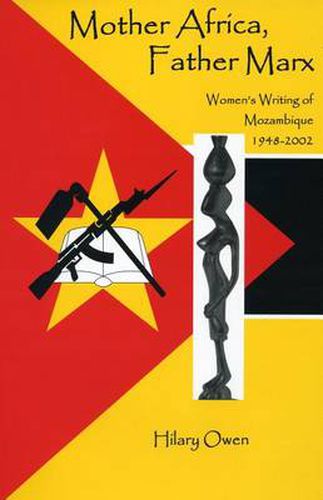Readings Newsletter
Become a Readings Member to make your shopping experience even easier.
Sign in or sign up for free!
You’re not far away from qualifying for FREE standard shipping within Australia
You’ve qualified for FREE standard shipping within Australia
The cart is loading…






This book is the first work in the English language to discuss the participation of women writers in the narrative construction of Mozambican nationhood over the past half-century. Covering the rise of anti-colonial nationalism in the 1950s, the advent of the Marxist-Leninist Republic in the 1970s, the war that followed independence in the 1980s, and the transition to democracy and the neo-liberal economy in the 1990s, the volume focuses on four representative women writers who belong to distinct but overlapping periods and work in different genres. Dealing with Noemia de Sousa’s poetry, Lina Magaia’s testimonial writings, Lilia Momple’s short fiction, and Paulina Chiziane’s novels, the result is a close reading of the ways in which women have narrated and counter-narrated Mozambican nationhood to take account of the gendered power relations that traditionally underpin national community as imagined by men.
$9.00 standard shipping within Australia
FREE standard shipping within Australia for orders over $100.00
Express & International shipping calculated at checkout
This book is the first work in the English language to discuss the participation of women writers in the narrative construction of Mozambican nationhood over the past half-century. Covering the rise of anti-colonial nationalism in the 1950s, the advent of the Marxist-Leninist Republic in the 1970s, the war that followed independence in the 1980s, and the transition to democracy and the neo-liberal economy in the 1990s, the volume focuses on four representative women writers who belong to distinct but overlapping periods and work in different genres. Dealing with Noemia de Sousa’s poetry, Lina Magaia’s testimonial writings, Lilia Momple’s short fiction, and Paulina Chiziane’s novels, the result is a close reading of the ways in which women have narrated and counter-narrated Mozambican nationhood to take account of the gendered power relations that traditionally underpin national community as imagined by men.